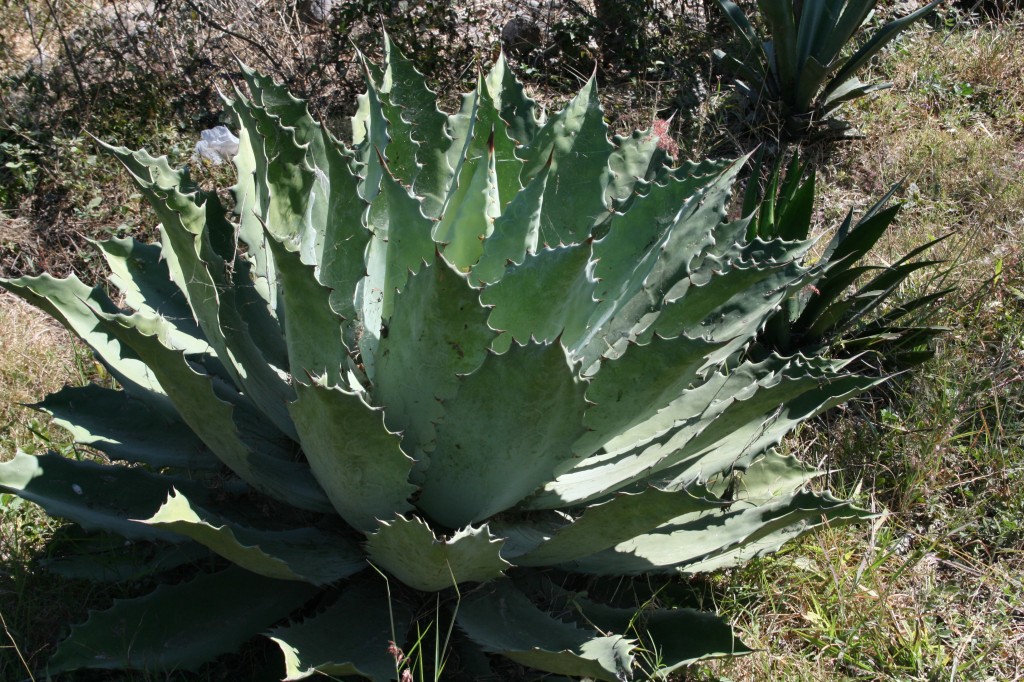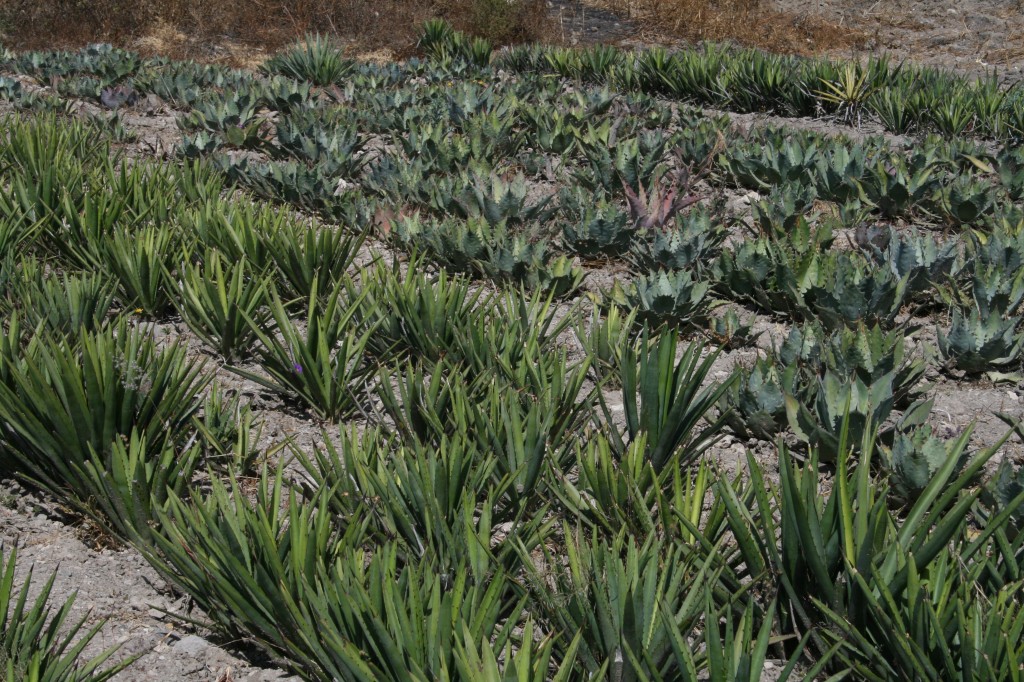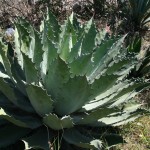The Sustainability of Agave
I have been wanting to write this post for awhile as a follow up to my Zignum post, but have been slow to get to it. My friends at Mezcalistas recently put up an excellent piece that touches on many economic issues that need to be addressed by the multitude of stakeholders in the mezcal world. Continuing the sustainability theme, I want to highlight the few examples I know of where brands and producers are taking positive steps on the sustainability of the important natural resources that go into mezcal: primarily agave, wood and water.
The most significant issue is the sustainability of the agave population. As has been discussed by many, agaves take anywhere from eight to thirty years to reach maturity. Agave espadin, the predominant agave used to make mezcal, matures in eight to twelve years. Obviously, this is unlike other agricultural products used to make spirits which can be planted, grown and harvested within a year – think grapes, wheat, rye, barley, potatoes, and sugarcane to name a few.

Agave does not have it this good, and therein lies a large problem. Crop management is paramount. I will update this post if I hear from other brands about some of the things they may be doing around this theme of sustainability. Here are a few that I am aware of:
- Pierde Almas. In 2013, founder Jonathan Barbieri and a resolute group of about 20 others, planted over 1,000 baby tobalas in the mountains outside San Baltazar Chichicapan. This is a fantastic reforestation effort as tobalas are rare and do not produce much mezcal per plant as they are quite small even at maturity. I have heard it is an annual event, but I am not sure how many times they have done this so far. Jonathan?
- Agaves Silvestres (yes, “Agaves” is meant to be plural). This is a project started by the guys from Wahaka Mezcal. They purchased land in Oaxaca to start a nursery for madrecuixe and tobala. Then they partnered with the local schools to foster an “Adopt an Agave” program. Each child adopts an agave, replants it in the wild when the agave is 3-4 years old, then Wahaka pays market prices for the agaves at maturity. The funds go to buy books and supplies for the local schools. Great idea!
- El Buho. I had a long discussion with John Henry, passionate founder of the brand. He is deeply concerned with rumors that Oaxacan agave espadins are routinely transported out of Oaxaca to Jalisco for tequila production. If true, he feels stopping this is mission number one for today. The question is how do you stop it? There is no immediate answer. On the overall topic of sustainability, he views mezcal a bit like the wine business: each vintage has limited production and when you have no more agave, you stop. This focuses on estate grown agave and not the wide sourcing of agave from wherever you can get it. El Buho grows their own and does buy from other growers, but endeavors to build long-term relationships with any supplier they use and plan for appropriate crop management.
- Don Amado. They are one of the oldest brands around having in started in 1994, and their producer has been practicing and teaching agave management for years – including crop replacement, soil care and harvesting. Also, they have built a state-of-the-art water purification system to treat and recycle waste water from mezcal production. Finally, they only utilize “fallen” trees for their wood – no chopping down of live trees.
- El Jolgorio. They only work with small producers who use wild agaves. The producers will not harvest more than what is available and ready. As a result, El Jolgorio production will be relatively small per expression – they have eight unique varietals (see my prior post for more), and they are OK with that. So am I! Produce what you reasonably can and no more – good plan.

So that is my starter kit of what a handful of brands and producers are currently doing. I am certain than many others have projects or procedures in place to help the sustainability cause.
If you are a brand owner or producer and want to contribute to this list, please email me at john@mezcalphd.com. In the meantime, drink mezcal!!


